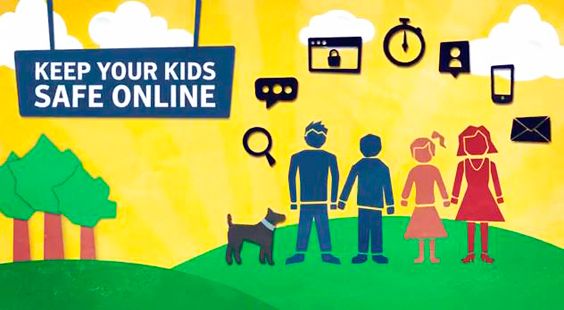Myth: Driver’s Ed is all a teen needs to be a safe driver.
Most of what they learn about driving actually comes from parents. If you are preparing to send a kid to driver’s ed sometime soon, you’ll want to get a head start on some important principles. Principles that will be taught and some that won’t be taught in driver’s ed.
Stay Away From The Phone
This is a no-brainer. Cell phones are dangerous. What parents need to know is kids don’t readily understand these dangers. Find a way to make sure your kid really understands the “no cell while driving policy.” You might consider the range of applications that prevent texting while driving.
Respect Curfew
Though laws already require teen driver curfews, parental curfews should be much earlier for teens under 18. Some reasons for this wise parenting decision include but are not limited to:
- Drunk drivers are more likely to be on the road at a later hour.
- Some insurance companies won’t insure teen drivers who don’t abide by curfews.
- Most traffic related deaths occur after dark.
Don’t Drive Selfishly
The road is community property which is shared by all kinds of people. An aggressive driver puts him and the road community in danger. Defensive driving education is an effective way to reverse habits that put your teen at risk.
The Valley Driving School stresses the need for a driver to always be aware of an escape route, give drivers enough room, always know the position of the nearest cars, and always prioritize safety. If a driver thinks unselfishly and defensively, he will be far less at risk for accidents.
Don’t Loan Your Vehicle
Parents need to know how high a priority their friends are to them. They’ll do anything just to carry out a favor for a friend, including letting them borrow the keys. This is a huge no-no because of the liability you and your teen will be subject to in the event the friend gets into an accident.
Someone could sue for everything you and your child’s friend is worth because insurance doesn’t cover that. If your teen gets that picture, then they’ll be more likely to keep the keys to themselves.
Understand How the Car Works
Make sure your children understand more than just how to fill the car with gas, especially when you equip them with an older car. Important repairs new drivers should know about include:
- Regular oil changes
- Brake pad maintenance
- Tire tread wearing
- Coolant leaks and engine overheating
- Low brake fluid signs and indications
Know How To Budget
Help them practice budgeting for gas, auto insurance, and repairs as necessary. Don’t break their bank by overburdening them with expenses you can take. Just give them enough responsibility to make them stretch. You’d be surprised at the way responsibility has a way of making a safer driver.
I Trust You
Teens are really aware of how you feel towards them driving. If you have no confidence in your teen, they are most definitely going to feel the lack of confidence from you. Your teen will respond in one of two ways:
- Feel like they aren’t very good at driving and lack much needed road confidence.
- Rebel against you and put themselves at risk by not listening to advice or rules.
Honestly all they need to know is you trust them and you know they can do it! You might still be worried, but you don’t have to let that take away from putting trust in your children.
Every teen looks forward to getting their license. Every parent is equally as excited to watch their son or daughter grow up to face new experiences and challenges. Along with this excitement, however, there is an element of worry.
Parents know driving can be fun, it can be liberating, but it can also be dangerous. To ease this concern and establish a basis of trust, a parent-driver contract provides the opportunity to form an open line of communication about the importance of safety and the expectations that come with the new and profound responsibility of driving.
It provides a moment for parent and son or daughter to reflect on the many things that go into being a safe and responsible driver. It’s not the sort of contract that would ever hold up in any court, but more of a pact. It’s a pact between parent and teen that says nothing more than “I’ll be a good teacher, if you be a good student”.







